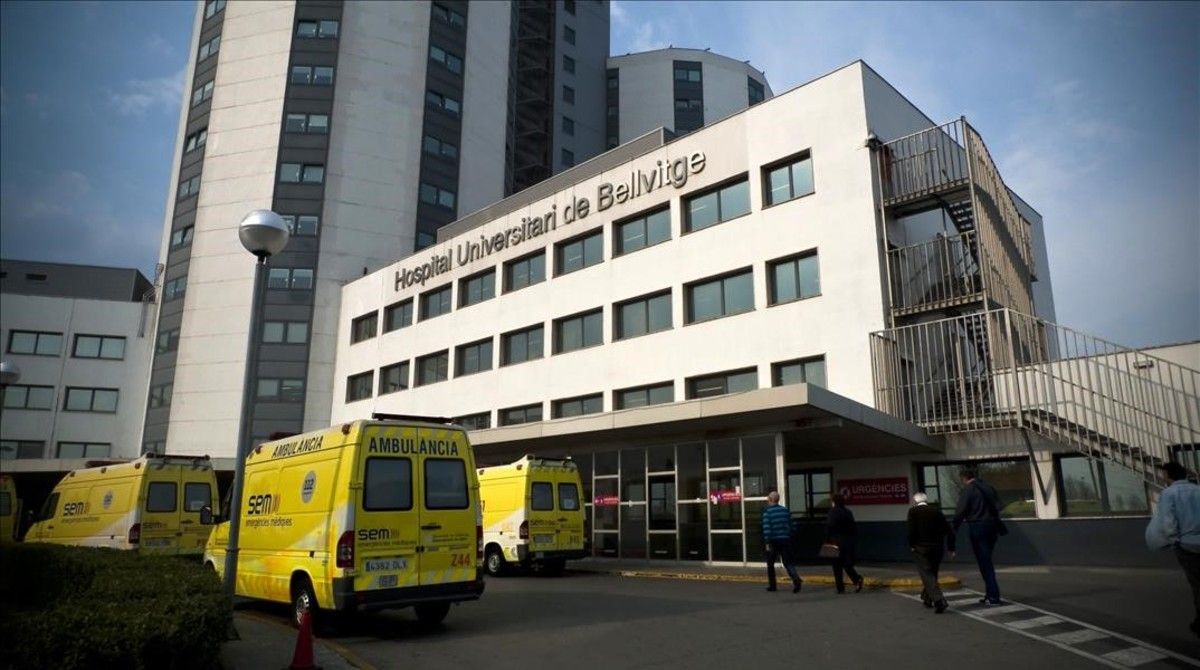The Generalitat and the Bellvitge Hospital collaborate in the prevention of gambling addiction. They have signed a collaboration agreement to promote research in the field of prevention of addictions with games of chance.
The Catalan administration will provide the HUB with the anonymized data from the Registry of people who are prohibited from accessing bingo halls and casinos.
The Department of Vice-Presidency and Economy and Hisenda and the Hospital Universitari de Bellvtige (HUB) of L’Hospitalet de Llobregat (Barcelonès) signed last Thursday, April 29, a collaboration agreement to promote research in the field of prevention of addictions and healthy behaviors related to gambling .
Thanks to the agreement, the General Directorate of Tributs i Joc will provide the Pathological Gambling Unit of the HUB’s Psychiatry Service with the anonymized data from the Registry of people who are prohibited from accessing gambling halls, bingo halls and casinos to promote research related to the problems of gambling in Catalonia.
The purpose of this collaboration is to prepare studies or carry out other research actions that aim to assess the changes that are taking place in the offer and the modes of play and the effects that these may have on the behavior of the players, especially among the youngest and in other vulnerable groups.
Identify risk factors
Facilitating this research with the data from the aforementioned registry “is an innovative and pioneering fact, which shows, once again, that games of chance and its harmful effects on people is a priority issue to be addressed by the Government”, has highlighted the Secretary General of the Department of the Vice-presidency and Hisenda, Albert Castellanos .
Work begins to demolish the l’Òpera building in L’Hospitalet de Llobregat
For her part, the head of the Southern Metropolitan Territorial Management of the Catalan Health Institute (ICS), Montserrat Figuerola , stressed that “this is an important initiative that will allow the identification of risk factors associated with problematic gambling behaviors, as well as to elaborate prevention programs aimed at the general population, but especially people with profiles of greater vulnerability “.



 Bitcoin
Bitcoin  Ethereum
Ethereum  Tether
Tether  XRP
XRP  Solana
Solana  USDC
USDC  TRON
TRON  Cardano
Cardano  Lido Staked Ether
Lido Staked Ether  Avalanche
Avalanche  Toncoin
Toncoin